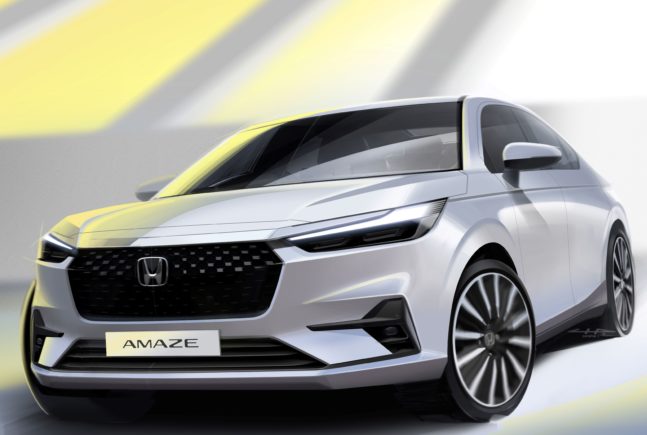Honda and Nissan merger likely, also considering to merge Mitsubishi
In a significant development for Japan’s automotive industry, Honda and Nissan are reportedly in talks to deepen their partnership, potentially leading to a full merger. The move could reshape Japan’s automotive landscape as the two firms grapple with increasing competition from electric vehicle pioneers like Tesla and rapidly growing Chinese manufacturers such as BYD.
Reportedly, the discussions, which have not been publicly confirmed, include the possibility of forming a holding company or pursuing a full merger. Such a deal would create a $54 billion automotive powerhouse with annual production of 7.4 million vehicles, positioning it as the world’s third-largest auto group by sales, trailing only Toyota Motor Corp. and Volkswagen AG.
Strategic Context and Current Challenges
The discussions follow a strategic partnership announced in March, which focused on joint EV development. However, worsening financial and operational pressures on Nissan appear to have added urgency to these talks. Last month, Nissan announced a $2.6 billion cost-cutting plan, including the elimination of 9,000 jobs and a 20% reduction in global production capacity, as sales in China and the U.S. continue to slump. The automaker also reported an 85% drop in second-quarter profits.
Meanwhile, Honda, although financially stronger with a market value of $43 billion, faces its own challenges. Analysts warn of deteriorating cash flow next year and limited success in its EV portfolio. “This deal appears to be more about bailing out Nissan, but Honda itself is not resting on its laurels,” said Sanshiro Fukao, executive fellow at Itochu Research Institute.
Stock Market Reactions
News of the potential collaboration had mixed effects on the stock market. Nissan shares surged nearly 24% in Tokyo trading, while Honda shares dipped by 3%. Shares of Mitsubishi Motors, where Nissan holds a 24% stake, rose by nearly 20%, reflecting investor speculation on the implications for the broader alliance.
Industry Implications
The global auto industry is facing unprecedented challenges, including an EV price war spurred by Tesla and BYD, intensifying the pressure on traditional automakers to innovate and cut costs. Additionally, geopolitical risks, such as potential tariffs on vehicles shipped from Canada and Mexico to the U.S., add to the operational complexity for Japanese automakers with production facilities in Mexico.
A combined Honda-Nissan entity could offer a more formidable domestic rival to Toyota and enhance Japan’s global competitiveness. “In the mid- to long-term, this is good for the Japanese car industry as it creates a second axis against Toyota,” said Seiji Sugiura, a senior analyst at Tokai Tokyo Intelligence Laboratory.
Potential Roadblocks
Despite the strategic rationale, the merger faces significant hurdles, including differences in corporate culture and operational strategies. Honda is known for its technology-centric, powertrain-focused culture, which may resist integration with Nissan, a competitor currently facing financial struggles. “In our view, there have been few instances where mergers and alliances between major automakers have led to significant benefits,” noted S&P Global Ratings in a recent report.
U.S. scrutiny could also complicate the deal, particularly under policies that seek concessions for approving mergers involving foreign automakers.
Broader Collaborations
The talks reportedly include potential cooperation with Mitsubishi Motors and have received cautious interest from French automaker Renault, Nissan’s largest shareholder. Renault has expressed openness to a deal, stating that it would assess all implications of a tie-up.
Meanwhile, Foxconn, the Taiwanese electronics giant known for manufacturing Apple’s iPhones, reportedly approached Nissan for a controlling stake but was rebuffed. Foxconn has been actively expanding into EV contract manufacturing but declined to comment on the reports.
Looking Ahead
A joint press conference involving Honda, Nissan and Mitsubishi is expected to take place in Tokyo on Monday, where further details might emerge. Analysts believe that while a merger could help the companies pool resources to meet the demands of the EV era, the integration process will be complex and fraught with challenges.
For Japan’s auto industry, a successful collaboration between Honda and Nissan could mark a new chapter, enabling it to compete more effectively on the global stage. However, the road ahead is far from straightforward, with significant financial, cultural, and geopolitical obstacles to overcome.

